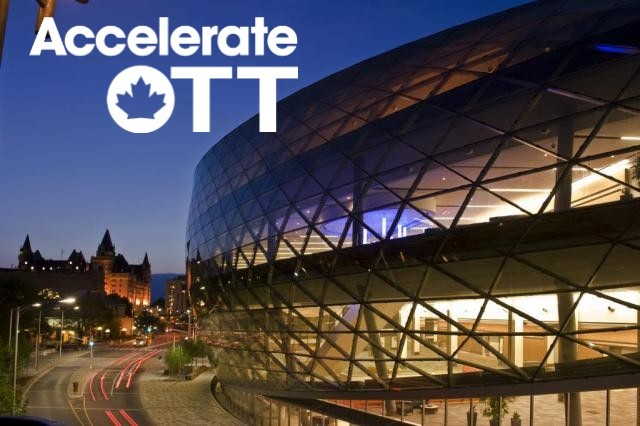We gearing up for the next 48 Hrs in the Valley here at C100 global HQ. We’ve learned a lot from previous 48 Hrs events so expect a few surprises, to be announced soon.
But in the meantime, a few dates for you to be aware of:
- Sept 29: Drop dead deadline for companies to complete the application form
- Oct 7: Selected companies will be notified
- Oct 13: First draft of mentor deck due
- Oct 27-28: 48 Hrs in the Valley
I know what you’re saying, “What the heck is this Oct 13 deadline? We gotta hand in drafts of our presentations??”
Short answer: “Yes!”
The upcoming 48 Hrs will be the C100’s eighth mentoring event and after each one the mentors always told us the same thing, “We wish the companies were more prepared.”
That is a strange coincidence, because the companies always tell us, “Damn, I wish we were more prepared.”
Well, the good thing about the C100 mentoring team is you only have to tell us something seven times before we start to take immediate action.
To make sure everyone feels they are properly prepared, we are asking… nay, demanding… that all companies complete their mentor decks and submit to us by Oct 8 for feedback by our crack team of mentor experts.
To help you out, here are some useful tips on how to prepare you 48 Hrs mentor deck:
- Think of the biggest challenge facing your company and talk about it. What exactly do you want to get mentoring on? (In C100, we call this the “challenge statement” meaning, what is the biggest challenge facing your company right now)
- Don’t get bogged down in technology: Mentors want to talk about business issues, not about speeds-and-feeds
- Don’t talk history: Mentors want to discuss the here and now, the long road you took to reach your current destination probably isn’t relevant
- Be specific: generic presentations get generic feedback. Drill down into one aspect of your business, describe what is going on, and ask for specific advice and feedback
Here is a deck template all companies should follow. Your deck shouldn’t be more than nine slides long:
1) Executive Summary: Short bullet points what your company does and what is your “challenge statement”
2) The Market: Give mentors background on the market your company addresses
3) What do you do?: How do you address your chosen market
4) Who are your competitors?
5) Short background on the team (emphasis on short)
6) Financial snapshot including funding, revenues and expenses
7) Challenge statement: This is the most important slide of the deck… what issue do you want mentoring on? Be very clear and specific here
8) Context: How did this challenge come about? How have you addressed similar challenges in the past
9) Importance: Why is addressing this challenge important? What would happen if this challenge was addressed? What would happen if it wasn’t?
Trust us, follow this template and your mentoring session will be way more valuable than if you didn’t.
The goal is always to make the mentoring sessions as useful and impactful as possible. So we at C100 will be asking the companies early and often to provide drafts of their decks so we can help ensure they are prepared for the mentoring session and ready to go.
